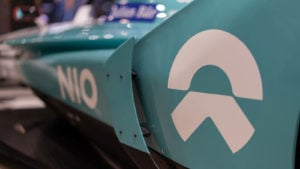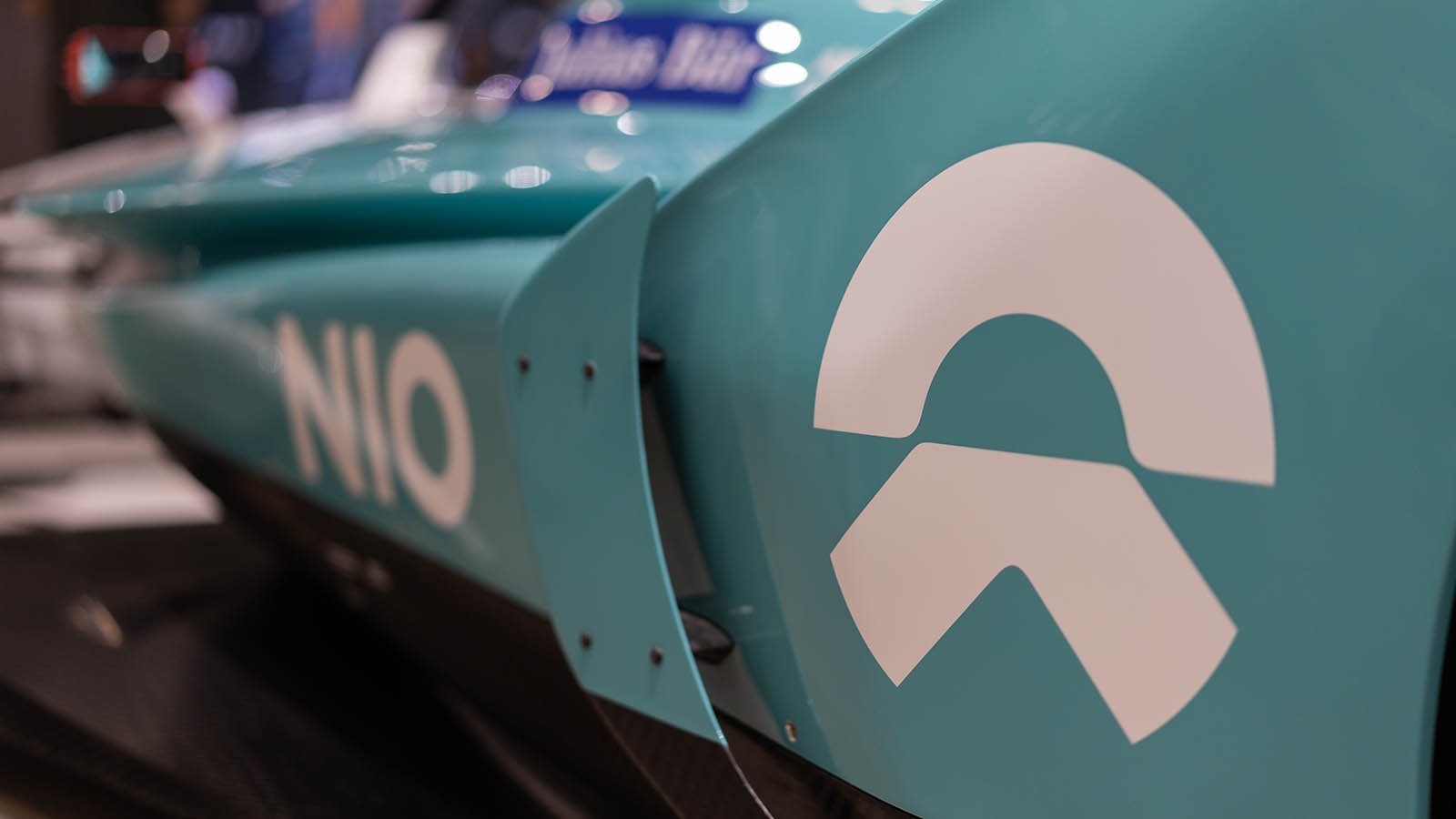In the wake of Tesla’s (NASDAQ:TSLA) meteoric rise at the start of this year, investors might be tempted to bet on “the Tesla of China” Nio (NYSE:NIO). The Chinese electric car maker has been beaten down over the past year as its debt obligations weighed on investor confidence. NIO stock has inched its way higher in the new year, but the fact remains — Nio’s business is in trouble.

More Debt, More Problems
NIO’s cash burn is troubling, especially when you consider how China’s economy will cope with the impact from the coronavirus from China. On September 30, Nio was working with just $274.3 million in cash — down significantly from the $1.123 billion it held at the end of March. Add to that the fact that January sales were down 11.5% from the previous year, and you have a company struggling to stay afloat.
Adding to concerns about a cash crunch, Bloomberg reported that Nio struggled to make its January payroll. Employees were told by Chariman William Li that their salaries would come six days late on February 14. Li cited issues caused by coronavirus. In addition to delaying paychecks, Li also asked employees to take their bonuses in the form of stock rather than cash.
What’s more, though Li claims it was coronavirus that delayed paychecks, the firm raised $100 million through a convertible bond offering just days before the salaries were paid. That raises questions about whether Nio has become so cash strapped that it needed to complete the bond offering just to pay its employees.
That certainly paints a worrying picture for the stock moving forward. Before coronavirus swept through China, Nio was in a precarious position. Now that the virus has significantly disrupted the nation’s economy, the firm doesn’t appear to have the capacity to deal with the turbulence.
Nio’s Debt Isn’t Beneficial
Some of investors’ favorite companies were once debt-laden, profitless companies on the verge of hitting the big-time. Those issues were often debated among Amazon (NASDAQ:AMZN) bulls and bears. However, in the case of Amazon — and essentially every other startup that has since become successful — the debt was used to fund growth and expansion.
In Nio’s case, it seems to be more of a life raft keeping the firm afloat.
No Light at the End of the Tunnel for Nio Stock
At this point, it’s questionable whether Nio will be able to survive long enough to see the end of the coronavirus outbreak. January auto sales in China were lackluster — in large part due to the virus. It’s hard to imagine a scenario in which February auto sales pick back up. Analysts see Chinese auto sales falling 10% through June — it’s unclear whether Nio will be able to remain solvent until then.
Even if you believe that the coronavirus was the sole reason for the Nio’s failure to pay its employees on time, there are still a lot of issues to contend with. When coronavirus has been contained and the global economy gets back on track, Nio is still grappling with the fact that its cars are being sold at a loss.
Even the Bulls are Running
It’s always been difficult to find NIO stock bulls because of the firm’s precarious financial situation, but now they’re even harder to come by. China-focused private equity investor Hillhouse Capital has long been a Nio shareholder — the firm doubled down on NIO stock during the first half of 2019. However, an SEC filing late on Friday shows Hillhouse turned its back on the electric vehicle maker. In the final quarter of 2019, the firm offloaded its entire stake in Nio.
The Bottom Line
Of course, there’s a speculative case out there for Nio stock, but it’s not a good one. With the coronavirus’ impact on China still a big question mark, investing in Asian companies is already risky. Add to that Nio’s cashflow problems and the flaws in its overarching business model and you have a terrible choice in today’s market. If you’re looking to pick up Chinese stocks as a contrarian play, bigger names like Alibaba (NYSE:BABA), whose business can survive a downturn, are better options.
Laura Hoy has a Finance degree from Duquesne University and has been writing about financial markets for the past 8 years. Her work can be seen in a variety of publications including InvestorPlace, Benzinga, Yahoo Finance and CCN. As of this writing she was long AMZN.
